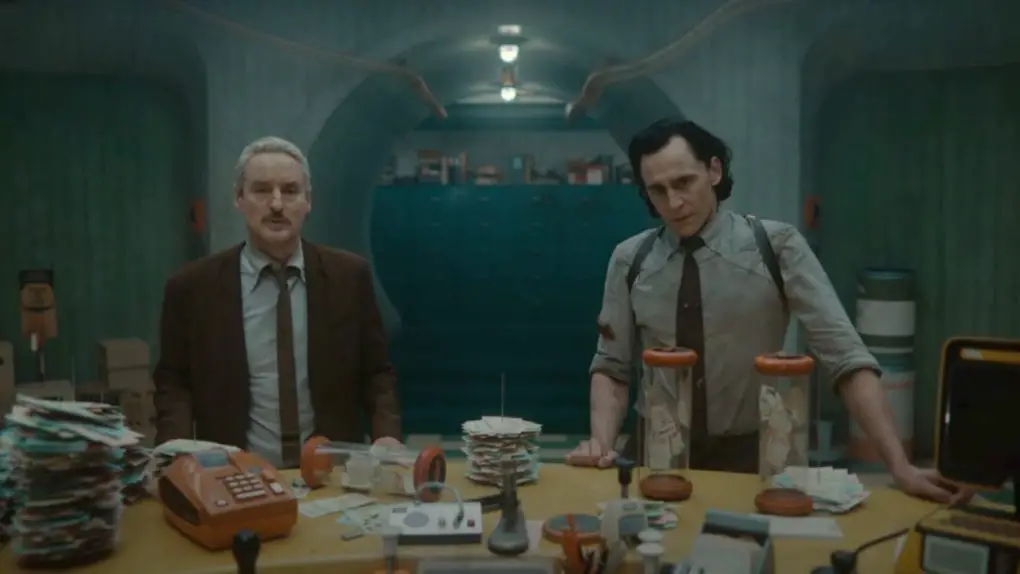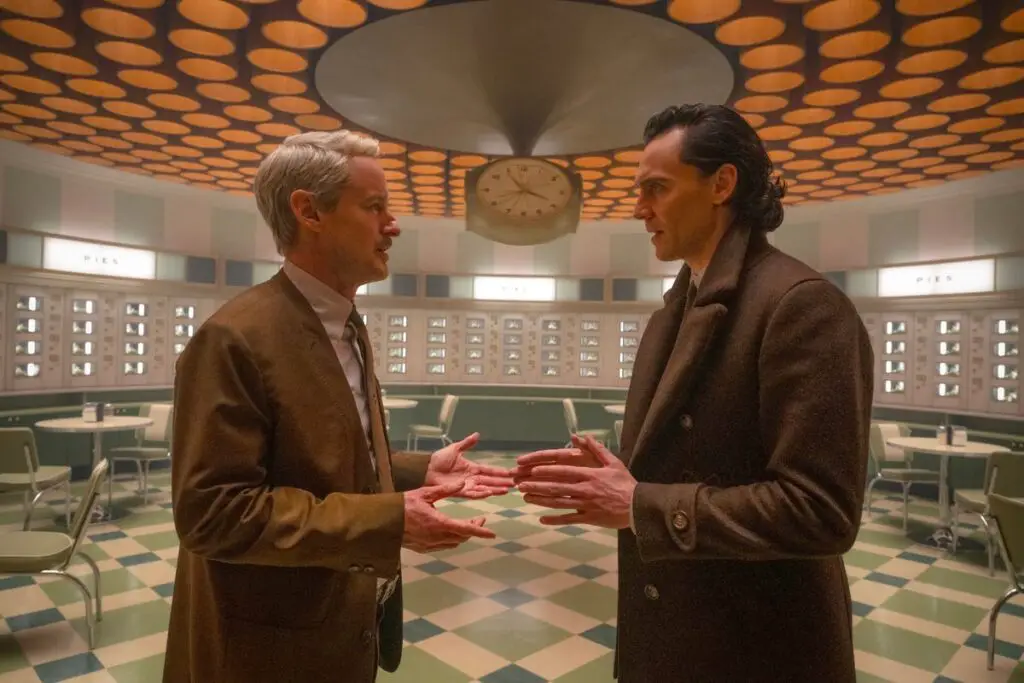Marvel Studios recently made headlines when it abruptly halted the production of its anticipated series “Daredevil: Born Again”. The studio’s discontent with the vision presented by Chris Ord and Matt Corman for the iconic ‘Devil of Hell’s Kitchen’ led them to reconsider the entire series. Sources like The Hollywood Reporter indicate this significant decision made Marvel Studios introspect their strategy towards television series production.
The Former Marvel Way
Previously, Marvel’s television production strategy stood distinct from its approach to feature films and from typical industry practices for television. Remarkably, they took the bold move of investing up to $150 million into producing entire television seasons without even filming a pilot. This approach diverged from the usual route of first testing the waters with a pilot to gauge the tone and character dynamics.
While this audacious method might have seemed revolutionary, it had its pitfalls. Creatives who spent close to a year on a project might find themselves replaced if the studio decided to shift the story’s direction. The Moon Knight series provides a case in point. Jeremy Slater, who spent a considerable amount of time developing the story and characters, was replaced by Mohamed Diab. Similarly, Jessica Gao, after completing “She-Hulk: Attorney at Law”, had to take a backseat when Kat Coiro joined the team.
However, the most evident drawback of this strategy was seen in the production of “Secret Invasion”. Narrating Nick Fury’s (played by Samuel L. Jackson) quest against Skrulls plotting planetary control, the show faced challenges from its inception. Kyle Bradstreet, who developed the series scripts over a year, was replaced by Brian Tucker. This switch led to delays, risking cast drop-outs due to their commitments elsewhere. Consequently, “Secret Invasion” was the most critically panned Marvel Cinematic Universe series, with its unsupervised journey from inception to final release being a notable reason.

A New Era for Marvel Television
Marvel Studios, in its continual evolution, appears to have recognized the need for change. Jessica Gao’s influential role in She-Hulk’s post-production emphasized the importance of dedicated showrunners. Brad Winderbaum, who oversees Marvel’s Streaming, Television, and Animation, shared the studio’s fresh perspective, stating, “It’s a term we’ve not only grown comfortable with but also learned to embrace.” In addition to this, the studio plans to introduce executives focused solely on their television division, ensuring specialization and dedicated attention.
The studio is also reconsidering the format of its television offerings. Instead of one-off limited series, Marvel is veering towards long-running shows, allowing in-depth character development. Emphasizing this shift in focus, Winderbaum remarked, “Television series should work beyond the fact that it ties into (other projects) or if they are going to be in a movie or if it is setting up an Avengers film.” This strategic change is already evident as the mischievous God, Loki, portrayed by Tom Hiddleston, graces our screens for a second season.
In Conclusion
Marvel Studios, known for its dynamic evolution, has once again demonstrated adaptability in its television production strategy. Recognizing past oversights, the studio is gearing up for a more streamlined, effective, and audience-focused approach. As they embark on this new journey, fans eagerly await the enhanced viewing experiences that are sure to come.


